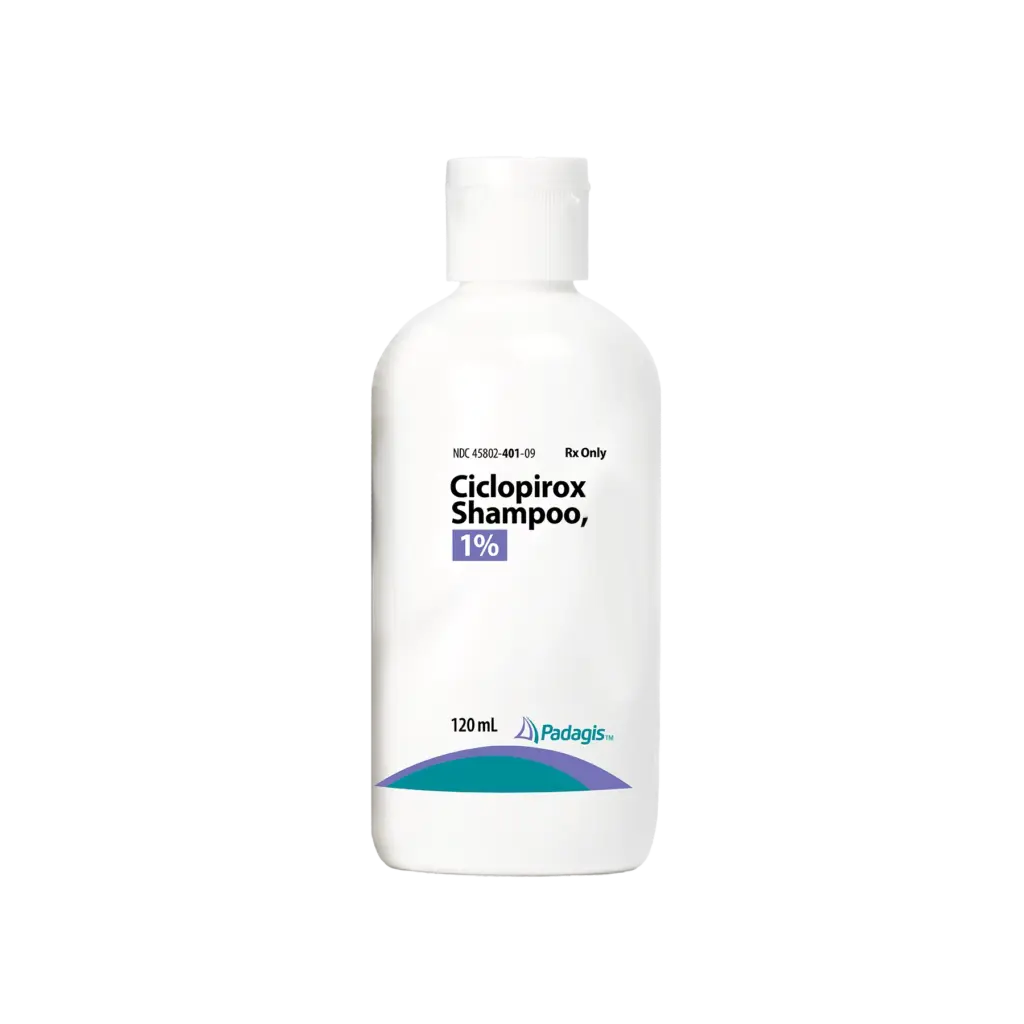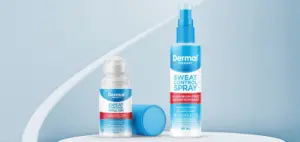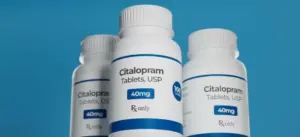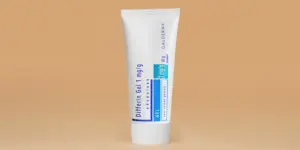A dry scalp occurs when the skin on your head lacks sufficient moisture. This can lead to irritation, itchiness, and flaking, similar to dandruff, but not quite the same. While dandruff is caused by an overproduction of oil, a dry scalp is typically due to a lack of moisture. Common causes include cold weather, harsh hair care products, and skin conditions like eczema or psoriasis.
Common Causes of Dry Scalp
Dry scalp can be triggered by various environmental and lifestyle factors. Exposure to cold weather and dry air can strip moisture from your scalp, leading to dryness. Additionally, frequent use of heating tools or harsh hair care products can exacerbate the problem. Understanding these triggers is essential for effective management.
Dry Scalp vs. Dandruff: Knowing the Difference
While both conditions share similar symptoms, their underlying causes differ significantly. Dandruff results from excess oil production and fungal growth, whereas dry scalp stems from inadequate moisture. Recognizing these differences can guide you to the right treatment approach, ensuring you address the root cause effectively.
Impact of Skin Conditions
Skin conditions like eczema and psoriasis can significantly contribute to a dry scalp. Eczema often leads to inflamed, itchy patches on the skin, including the scalp. Psoriasis causes rapid skin cell turnover, resulting in scaling and flaking. Identifying these conditions is crucial for targeted treatment and relief.
Why Choose Prescription Shampoo?
Prescription shampoos are formulated to address specific scalp issues with greater intensity than over-the-counter options. They contain higher concentrations of active ingredients that can effectively target the underlying causes of dry scalp, providing long-lasting relief.
Formulation and Potency
Prescription shampoos are designed with potent active ingredients that go beyond the capabilities of regular shampoos. This increased potency means they can tackle severe scalp conditions more effectively. Ingredients like ketoconazole, selenium sulfide, and ciclopirox are common in these formulations, offering targeted action against specific scalp issues.
Tailored for Specific Conditions
Unlike general shampoos, prescription options are tailored to address particular scalp conditions. They are often recommended for persistent issues like seborrheic dermatitis or psoriasis, where standard treatments have failed. This targeted approach ensures a higher chance of success in managing your dry scalp.
Professional Guidance and Monitoring
Using prescription shampoos comes with the added benefit of professional oversight. Dermatologists or healthcare providers can recommend products based on your specific needs, ensuring the treatment aligns with your condition. This expert guidance is invaluable in achieving optimal results and minimizing potential side effects.
Top Prescription Shampoos for Dry Scalp
When it comes to choosing a prescription shampoo, it’s essential to consider your specific scalp needs. Here are some of the top options recommended by dermatologists and healthcare professionals:
1. Ketoconazole Shampoo
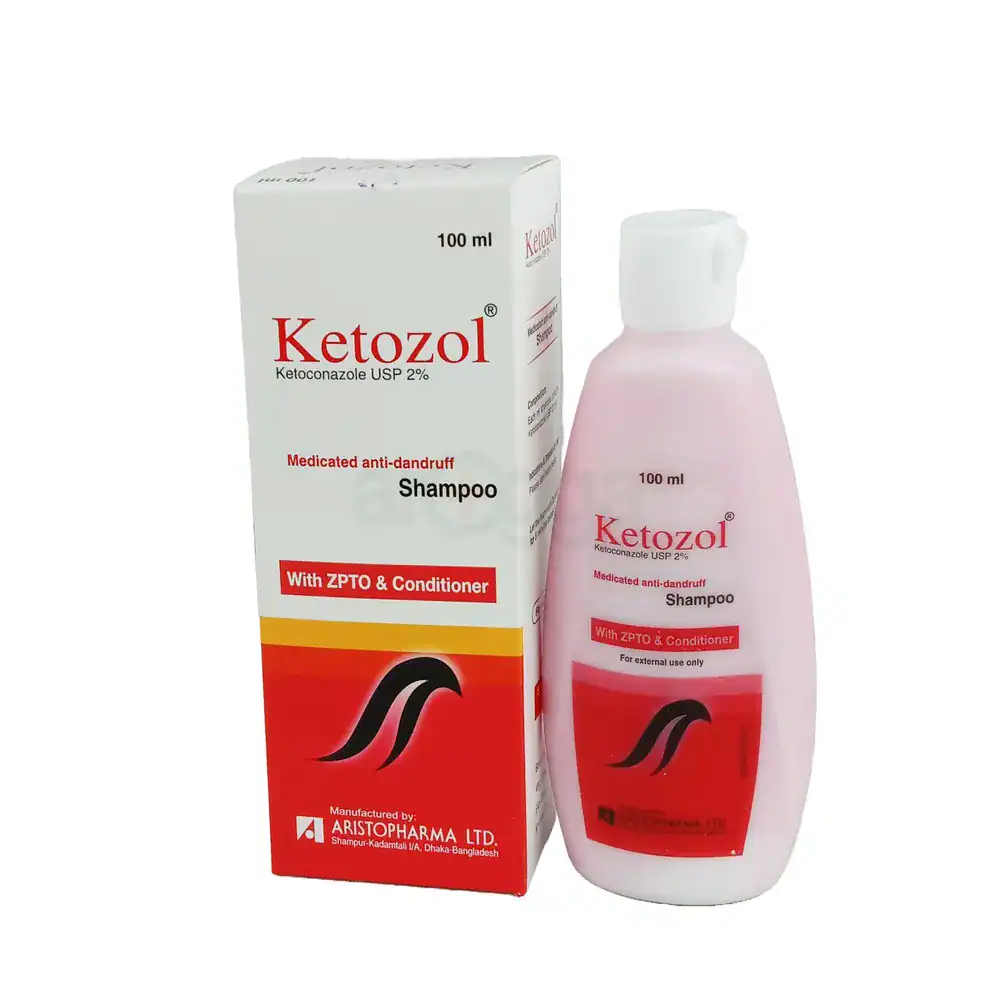
Ketoconazole is an antifungal agent that effectively treats conditions like seborrheic dermatitis and dandruff. It works by reducing scalp fungus, which can cause flakiness and irritation. Ketoconazole shampoo is often prescribed for persistent cases where over-the-counter dandruff shampoos have failed.
Ketoconazole shampoos are known for their strong antifungal properties, making them a top choice for tackling severe dandruff and seborrheic dermatitis. They work by inhibiting the growth of fungi on the scalp, reducing inflammation and flaking. Regular use can lead to significant improvement in scalp health.
2. Selenium Sulfide Shampoo
Selenium sulfide is another powerful antifungal ingredient commonly found in prescription shampoos. It helps relieve symptoms of dandruff and seborrheic dermatitis by reducing scalp fungus and slowing down the production of skin cells. This results in less flaking and itchiness.
Selenium sulfide shampoos are effective in managing excessive flaking and scaling associated with seborrheic dermatitis. They help balance the scalp’s natural oil production, reducing the recurrence of symptoms. Consistent use can provide long-term relief and improve overall scalp condition.
3. Coal Tar Shampoo
Coal tar is an age-old remedy for various skin conditions, including psoriasis and eczema. It works by slowing down skin cell growth and reducing inflammation. While it has a distinct smell, its effectiveness makes it a popular choice for treating dry scalp conditions.
Coal tar shampoos have been used for decades to treat scalp conditions. They are particularly effective for psoriasis, as they slow down rapid skin cell growth. Despite their strong odor, their benefits in reducing itching and inflammation make them a preferred choice for many.
4. Ciclopirox Shampoo
Ciclopirox is an antifungal medication that treats seborrheic dermatitis by targeting yeast on the scalp. It’s typically used in cases where other treatments have not provided relief. Ciclopirox shampoo can help reduce itching, scaling, and redness associated with dry scalp conditions.
Ciclopirox shampoos are often prescribed for cases where other antifungal treatments have failed. They target the yeast responsible for seborrheic dermatitis, alleviating symptoms like redness and itching. Their effectiveness makes them a valuable option for persistent scalp issues.
Prescription Scalp Treatment: What to Expect
Using a prescription shampoo involves more than just lathering and rinsing. Here’s what you need to know:
Application Instructions
- Follow Directions: Adhere to the instructions provided by your healthcare provider or pharmacist.
- Frequency: Most prescription shampoos are used 2-3 times a week, depending on the severity of your condition.
- Application Time: Allow the shampoo to sit on your scalp for the recommended time to maximize its effectiveness.
Proper application of prescription shampoos is crucial for achieving the desired results. Always follow the instructions provided by your healthcare provider to ensure optimal effectiveness. This includes the frequency of use and the duration the shampoo should remain on your scalp.
Maximizing Treatment Efficacy
To get the most out of your prescription shampoo, consistency is key. Use the product as directed, even if symptoms improve, to prevent recurrence. Combining the shampoo with other scalp care practices, such as regular moisturizing, can enhance its effectiveness.
Possible Side Effects
Prescription shampoos can sometimes cause side effects, such as:
- Dryness or Oily Scalp: Adjustments in oil production might cause temporary changes.
- Irritation or Redness: Some users may experience mild irritation.
If you notice severe side effects, contact your healthcare provider.
While prescription shampoos are effective, they can occasionally lead to side effects. It’s important to monitor your scalp’s response and report any adverse reactions to your healthcare provider. They can adjust your treatment plan to minimize discomfort and maximize benefits.
Enhancing Scalp Hydration
In addition to using prescription shampoos, consider the following tips to maintain scalp hydration:
Use a Moisturizing Shampoo
A moisturizing shampoo can help replenish the scalp’s natural oils, complementing the effects of your prescription treatment. Look for products with ingredients like glycerin or aloe vera to soothe and hydrate.
Incorporating a moisturizing shampoo into your routine can significantly improve scalp hydration. These shampoos work by replenishing lost moisture, creating a healthy environment for your scalp. Choose products with natural hydrating ingredients for the best results.
Avoid Harsh Hair Products
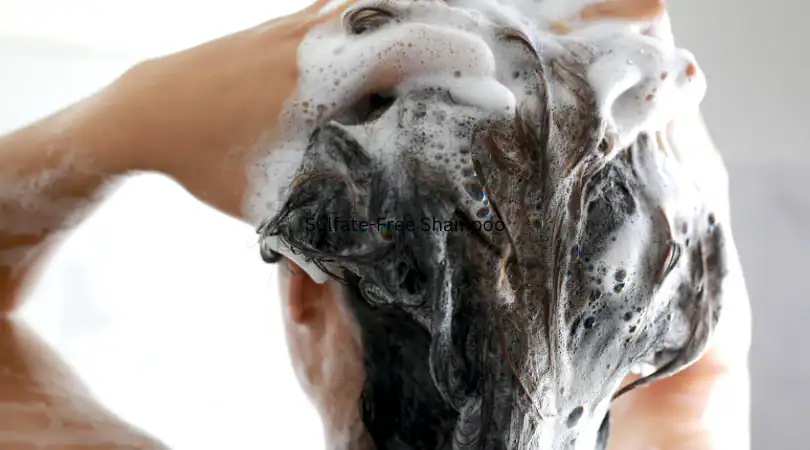
Steer clear of shampoos and conditioners with sulfates and alcohol, as these can strip away moisture from your scalp, exacerbating dryness.
Avoiding harsh hair products is crucial in maintaining scalp moisture. Sulfates and alcohols can strip essential oils, leading to increased dryness. Opt for gentle, sulfate-free products that nourish rather than deplete your scalp’s natural moisture.
Incorporate a Scalp Care Routine
- Regular Scalp Massages: Stimulate blood flow to the scalp, promoting natural oil production.
- Balanced Diet: Ensure you’re getting enough vitamins and minerals that support skin health, such as omega-3 fatty acids and zinc.
A comprehensive scalp care routine can enhance the benefits of prescription shampoos. Regular scalp massages increase circulation, supporting natural oil production. Additionally, a balanced diet rich in skin-friendly nutrients can improve scalp health from the inside out.
Final Thoughts
Prescription shampoos are a powerful tool in managing dry scalp conditions, offering targeted treatment with the guidance of healthcare professionals. By understanding the causes of your dry scalp and using the right prescription product, you can achieve a healthier, more comfortable scalp.
Remember to consult with a dermatologist or healthcare provider to determine the best prescription shampoo for your needs and follow their recommendations for optimal results. With the right approach, relief from dry scalp is within reach.
Prescription shampoos offer a tailored solution for dry scalp conditions, addressing the root causes with precision. Collaborating with healthcare professionals ensures you receive the most appropriate treatment for your specific needs. Embracing this targeted approach can lead to significant improvements in scalp comfort and health.

